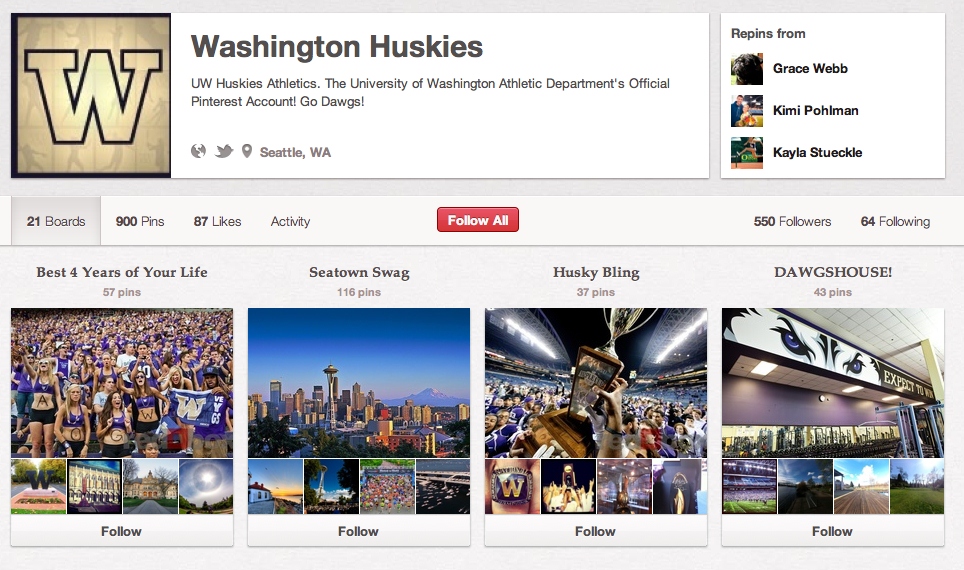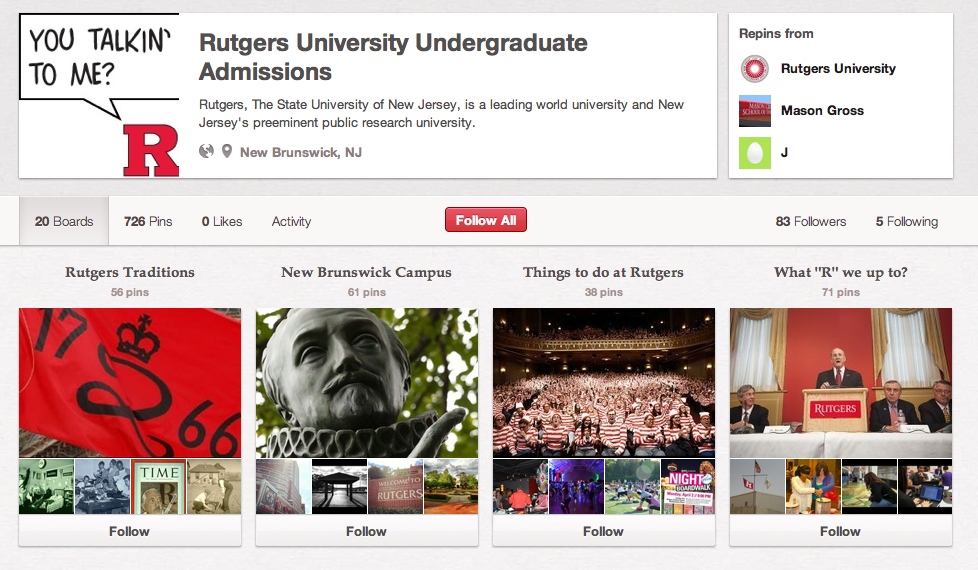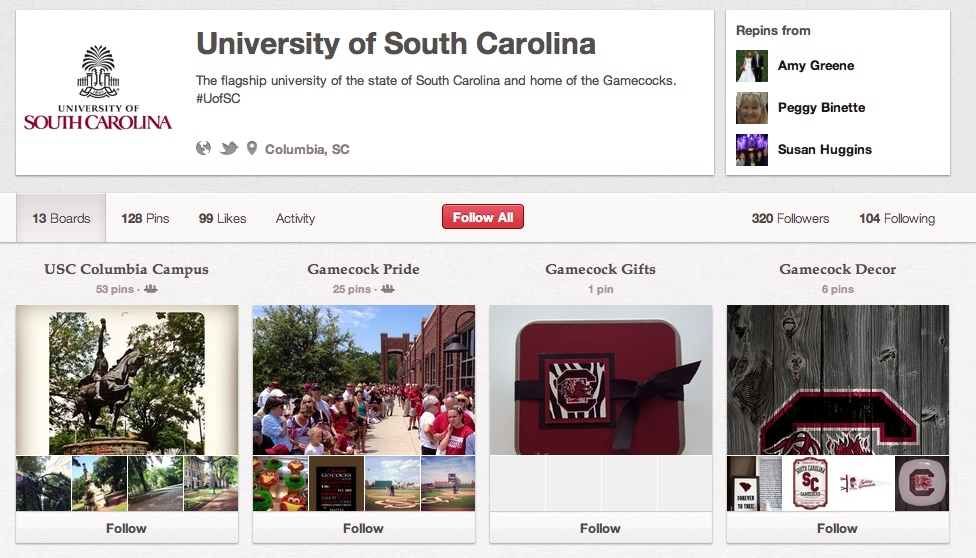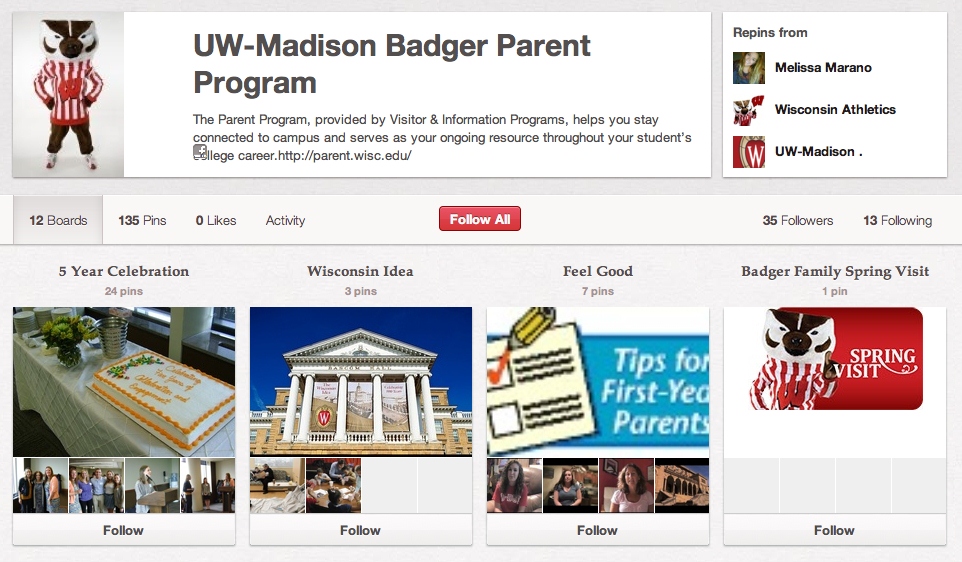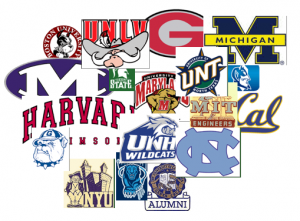 Remember when your now teenager came up to you as a toddler and said they wanted to be a doctor when they grew up? We smiled and said, “that’s great sweety” and knew that years down the road their interests would change. But what if it didn’t change? What if your college-bound teen still wants to pursue a career in health care? How do you help them find the career and right education path that best suits their personality and career goals?
Remember when your now teenager came up to you as a toddler and said they wanted to be a doctor when they grew up? We smiled and said, “that’s great sweety” and knew that years down the road their interests would change. But what if it didn’t change? What if your college-bound teen still wants to pursue a career in health care? How do you help them find the career and right education path that best suits their personality and career goals?
Are they interested in medical research? Does medical imaging interest them? Are they interested in nursing and see themselves as care givers to the sick? Would they like to study psychology and work with the mentally ill or those who are emotionally hurting?
As you can see, there are numerous career paths your student could choose if they want to be part of the health care community. It can be overwhelming, especially if they aren’t sure which direction they want to go and what type of education they will need and the top programs available. The good news, however, is that the American Medical Association has devoted a section of their website to help your student learn about all careers in the medical field.
Here’s the list (which might surprise you):
- Allied health
- Complementary and alternative medicine and therapies
- Communication sciences
- Counseling
- Dietetics
- Dentistry and related fields
- Expressive/creative arts therapies
- Health information and communication
- Laboratory science
- Medical imaging
- Nursing
- Pharmacy
- Physician
- Physician assistant
- Podiatry
- Psychology
- Therapy and rehabilitation
- Veterinary medicine
- Vision-related professions
The great thing about this list on the site is that it gives you all the information your student will need to make an informed decision about a specific medical field. When you click on a specific field, you can see the careers related to that specialty. For instance, Medical Imaging has Diagnostic medical sonographer, Magnetic resonance technologist, Medical dosimetrist, Nuclear medicine technologist, Radiation therapist, Radiography and Registered radiologist assistant. Each career has a corresponding PDF that provides you with information related to salary, education required, and even contact information to ask additional questions.
It is also possible to get your degree online by enrolling in registered nursing, Bachelor of Science in nursing, Master of Public Health, and Master of Human Services programs. These programs provide you with everything that traditional schooling does, except for you can complete the coursework from the comfort of your own home. Applying for a program in the health field is as simple as filling out an application and submitting it to an online university, allowing you to begin the next stage of your professional life in no time at all.
This type of information can prove invaluable when making a decision on which college to attend, which career path to pursue and what the career outlook is after graduation. If you son or daughter is interested in any area of the medical field, send them to this site. The information the AMA provides might help them make a more informed decision about their future.


